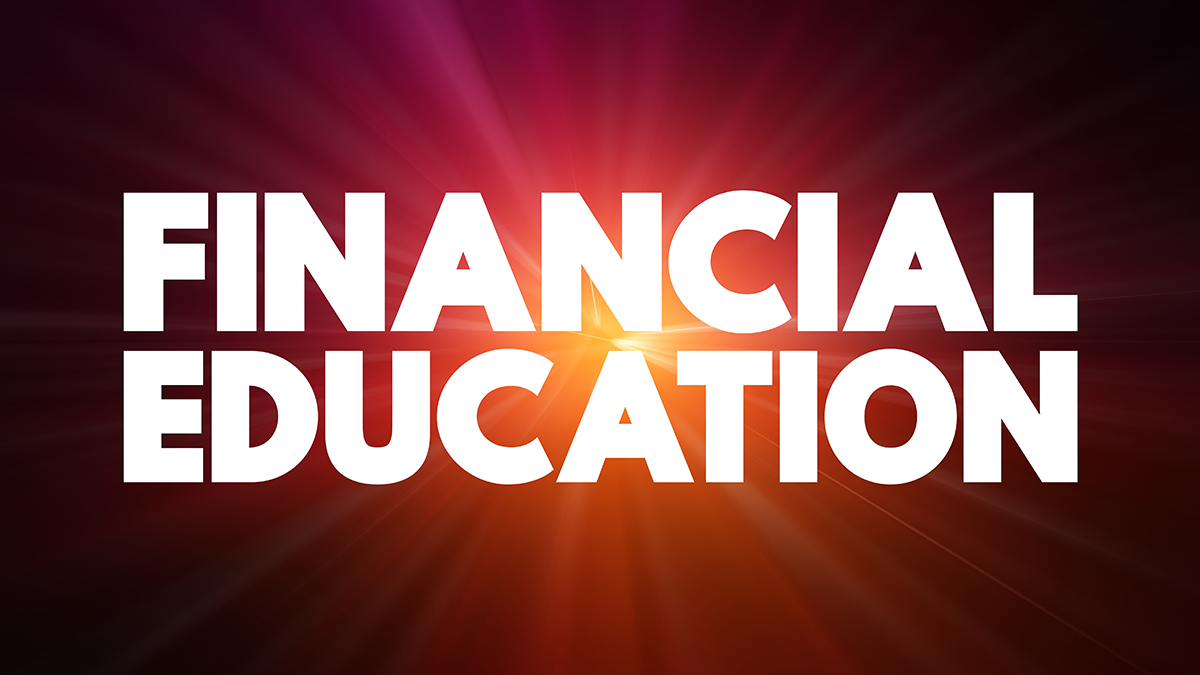
Ziad K. Abdelnour's "Lessons Learned from the 1929 Stock Market Crash," published on March 15, 2021, serves as a historical analysis of the Great Depression and its implications for modern investors. Abdelnour draws parallels between past and current economic indicators, highlighting the importance of understanding market cycles, investor psychology, and regulatory impacts on financial markets. The piece is educational, offering insights into safeguarding investments against potential downturns through strategic diversification and vigilant market analysis.
A lot of people have been questioning if we will experience another stock market crash in the near future. Chances are that it is quite unlikely. Today, we know much more than they did nearly a century ago when the stock market crashed. The crash itself actually taught us many lessons that has helped us steer away from crashing ever since. Noting that the stock market survived the Covid-19 crisis that many people fear would destroy the market, it’s pretty safe to say that Wall Street has a solid foundation and can now bear even the toughest of times.
Learning from our previous mistakes has played a big role in reconstructing the stock market to what it is today. There are many things that we know today that the professionals of that era did not know. If you had to take a guess, do you think you could name a few?
So when people ask if I think the stock market will crash anytime soon, I am confident in saying no. We have a good understanding of the things that lead to the 1929 crash. More importantly, we know and have regulations in place that can help prevent a crash from happening again. Even through tough economic times, the foundation that we have laid for the stock market has proven to be strong. As long as people remember the lessons we learned, the stock market will be just fine.
Disclaimer: This article discusses certain companies and their products or services as potential solutions. These mentions are for illustrative purposes only and should not be interpreted as endorsements or investment recommendations. All investment strategies carry inherent risks, and it is imperative that readers conduct their own independent research and seek advice from qualified investment professionals tailored to their specific financial circumstances before making any investment decisions.
The content provided here does not constitute personalized investment advice. Decisions to invest or engage with any securities or financial products mentioned in this article should only be made after consulting with a qualified financial advisor, considering your investment objectives and risk tolerance. The author assumes no responsibility for any financial losses or other consequences resulting directly or indirectly from the use of the content of this article.
As with any financial decision, thorough investigation and caution are advised before making investment decisions.
One reply on “Lessons Learned from the 1929 Stock Market Crash”
Good info. Lucky me I discovered your website by accident (stumbleupon).
I’ve bookmarked it for later!
my page :: บริการรูดบัตรเครดิต